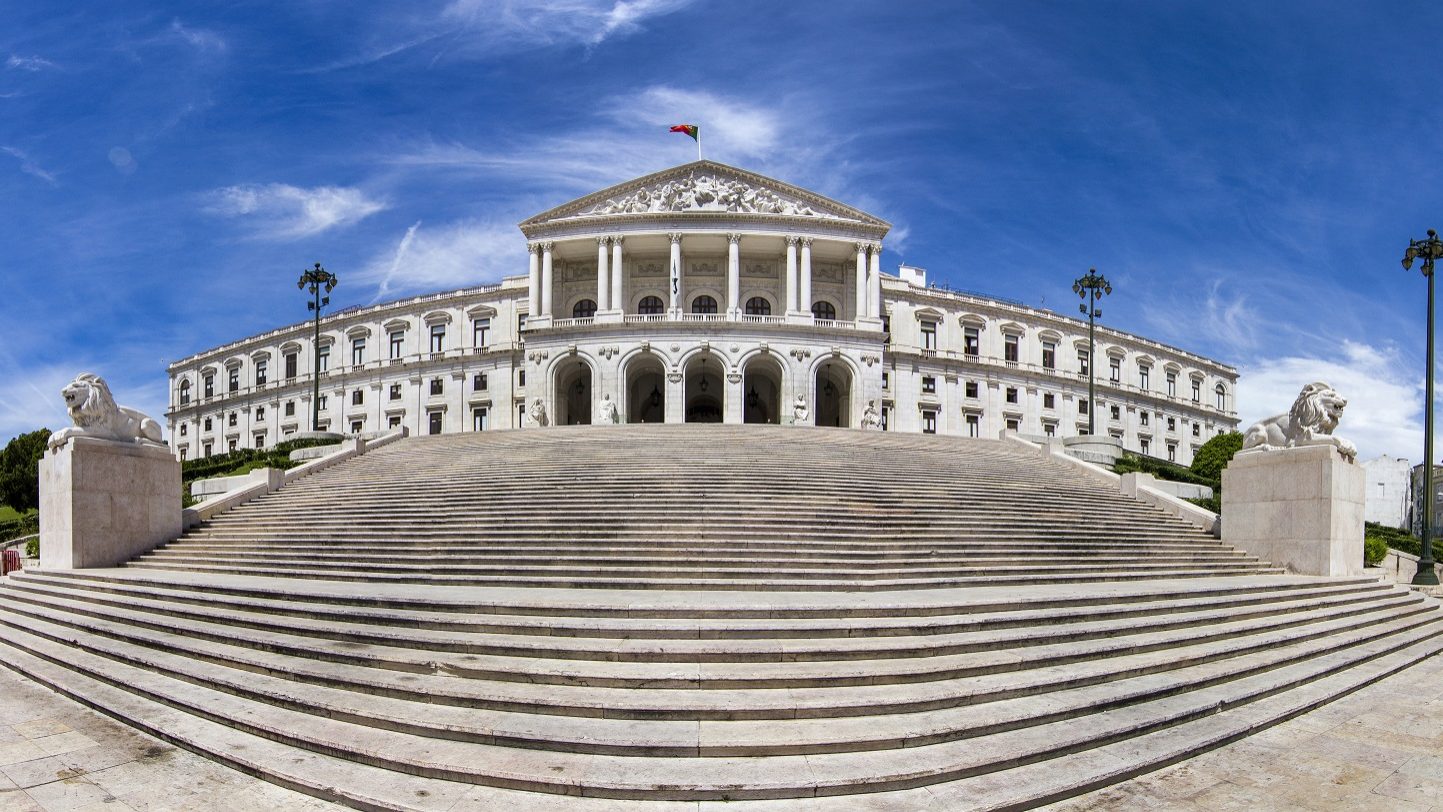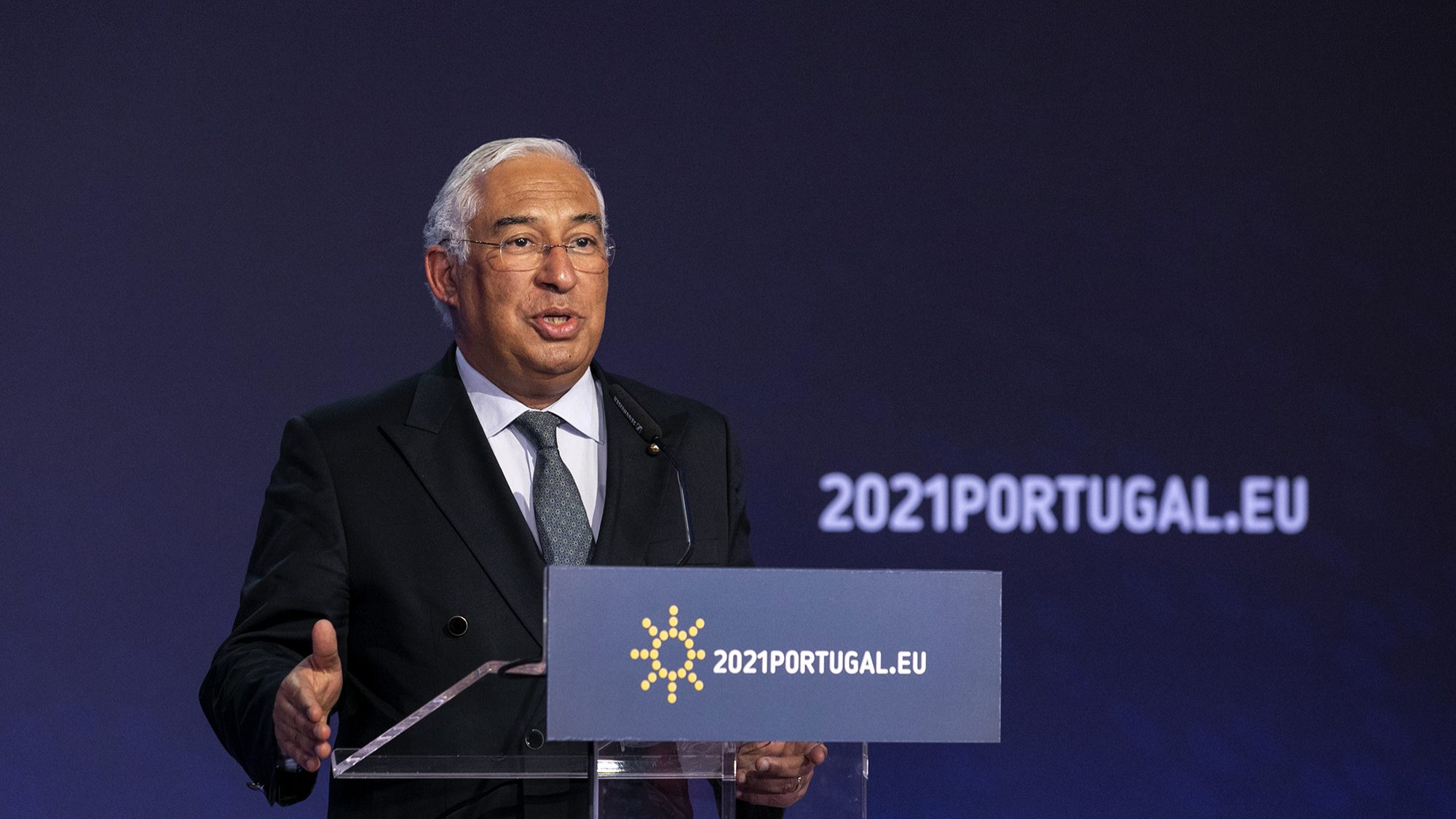Bank of Portugal says accumulated savings important in economic recovery
Mário Centeno said on Wednesday that the savings accumulated by individuals and companies in deposits will be important for the economy's recovery.
The governor of the Bank of Portugal said on Wednesday in parliament that the savings accumulated by individuals and companies in deposits will be an important cushion in the economy’s recovery.
According to Mário Centeno, between May 2019 and May 2021, the individuals’ deposits accumulated an additional €19.8 billion, while in companies, the increase was €15 billion.
“This is a significant cushion. The wealth accumulated in the form of deposits over a year and a half will have to be taken into account in the recovery,” he said at a hearing before the budget and finance committee.
Also, according to the former finance minister (of PS governments, between 2015 and 2020), the “very expressive increase in deposits in this crisis contrasts largely with what was observed in the last two financial crises”, both in the sovereign debt crisis and in the global financial crisis.
“Both in the crisis of 20012-2013 and the crisis of 2008-2009 deposits from companies fell, and deposits from individuals increased much less,” he explained.
On 16 June, the governor of the Bank of Portugal had considered that accumulated savings are “a financial cushion of growth if and when the decisions of households vis-à-vis this savings can be translated into increases in consumption.”
“If decisions on the use of this accumulated wealth are distinct from what is the destination that every year the Portuguese give to their wealth and, therefore, if there is a higher propensity to consume from this form of wealth than usual, we do indeed have an upside risk to economic activity coming from this form of additional wealth,” Centeno said then.
However, the BoP did not consider this accumulated wealth “cushion” in the upward revision of growth forecasts for the Portuguese economy but considered it to be an upside risk for the economy if it were to translate into more consumption.
For 2021, the BoP expects gross domestic product (GDP) expansion of 4.8% (0.9 percentage points more than expected in March), estimating growth of 5.6% (0.4 percentage points more) in 2022 and 2.4% in 2023.
The banking sector supervisor also expects the economy to recover to the 2019 level in the first half of 2022.
Increased savings in this pandemic crisis have been common to households in the eurozone, the UK, the US, China and Japan, with economists reckoning that these savings will help the global economy recover as the health situation improves.


